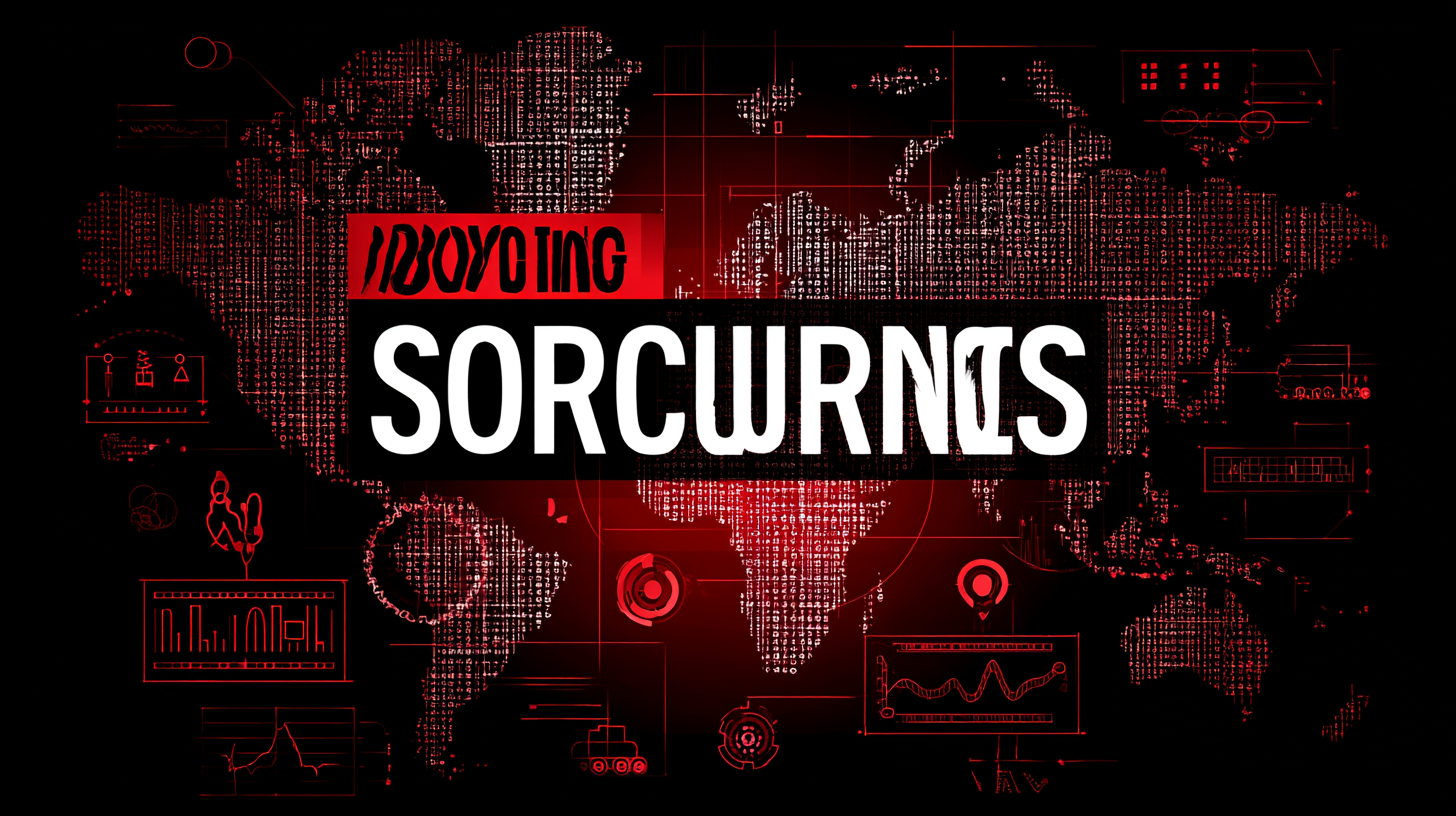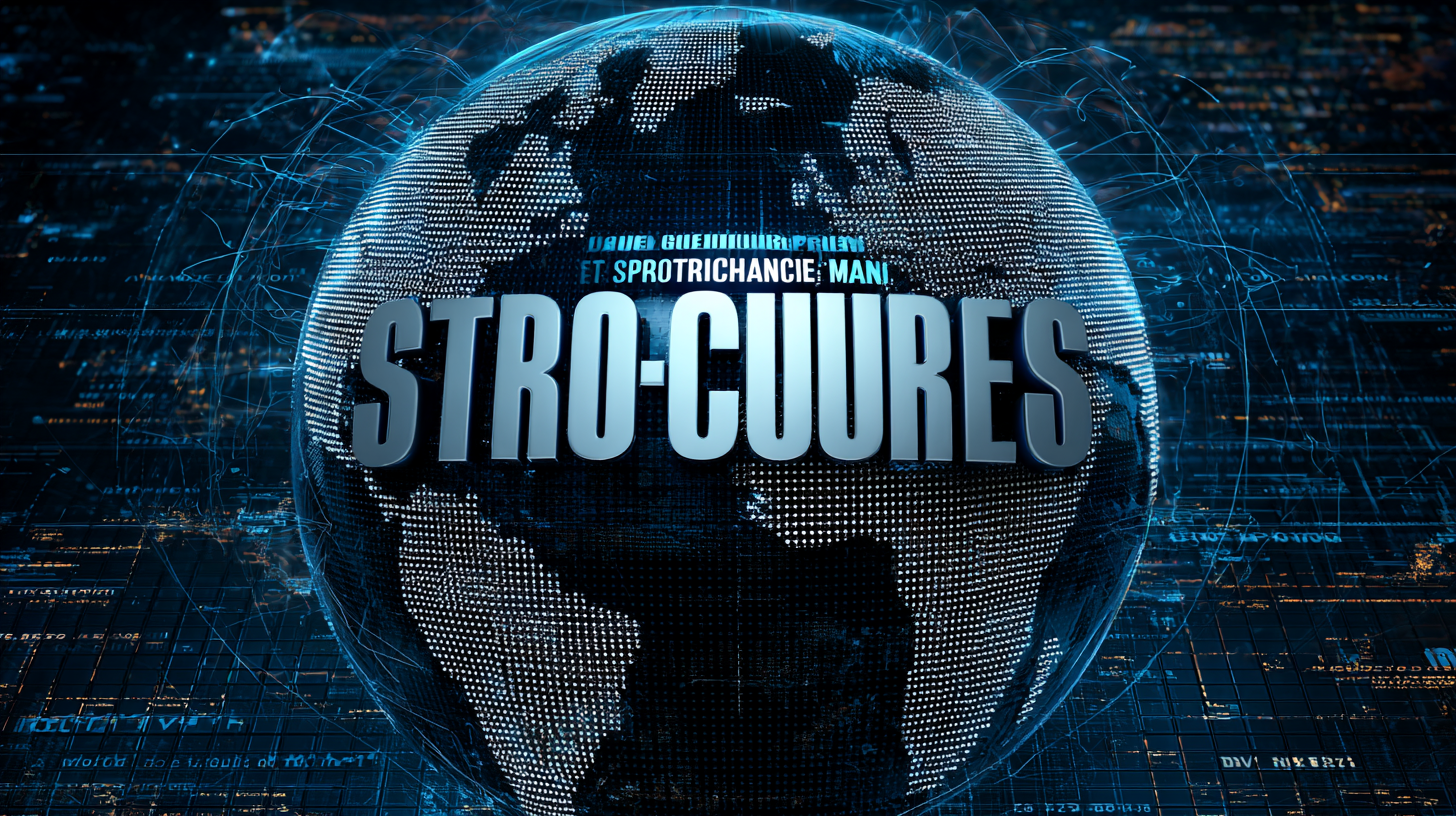
Top Strategies for Sourcing from the Best Manufacturers: Insights and Data for Global Buyers
In today's rapidly evolving global marketplace, the quest for quality and reliability in sourcing from manufacturers has never been more critical for businesses. As competition intensifies, global buyers are faced with the challenge of identifying the best manufacturers that not only meet their product specifications but also align with their operational goals. This blog delves into top strategies for sourcing from the most reputable manufacturers, offering valuable insights and data to empower buyers in making informed decisions. By leveraging both digital tools and strategic approaches, companies can streamline their sourcing processes, reduce risks, and foster long-term partnerships with the right manufacturers. Whether you are a seasoned procurement expert or a newcomer to global sourcing, this guide will equip you with the knowledge needed to enhance your manufacturing partnerships and drive business success.

Identifying Leading Manufacturers: Key Criteria for Global Buyers
Identifying leading manufacturers in today's global marketplace requires a strategic approach rooted in key criteria that emphasize sustainability, technological innovation, and supply chain resilience. Research indicates that consumers increasingly prefer products that are environmentally and socially responsible, with significant growth in sales for brands that prioritize sustainability. According to a joint study by industry experts, this shift is supported by over 70% of consumers willing to pay a premium for sustainably produced goods, compelling manufacturers to adapt their practices to meet these evolving consumer expectations.
Furthermore, the integration of advanced technologies, particularly artificial intelligence, is becoming crucial for manufacturers aiming to prevent supply chain disruptions. Insights from top global firms reveal that leveraging AI enables these companies to enhance operational efficiency and strategically mitigate risks in their supply chains amid ongoing global uncertainties. Such advancements not only improve production processes but also foster the development of resilient supply chains that are essential for maintaining competitiveness in an increasingly complex market landscape. As buyers evaluate potential manufacturing partners, attention to these criteria will be imperative for making informed sourcing decisions.
Top Strategies for Sourcing from the Best Manufacturers: Insights and Data for Global Buyers
| Country | Industry | Manufacturing Capability (Units/Month) | Quality Certification | Lead Time (Weeks) | Min Order Quantity |
|---|---|---|---|---|---|
| China | Electronics | 50000 | ISO 9001 | 6 | 1000 |
| India | Textiles | 30000 | SDC | 4 | 500 |
| Vietnam | Footwear | 80000 | ISO 14001 | 5 | 2000 |
| Germany | Automotive | 20000 | IATF 16949 | 8 | 300 |
| Mexico | Consumer Goods | 45000 | ISO 9001 | 3 | 800 |
Leveraging Technology for Efficient Sourcing and Supplier Management
In today's fast-paced global market, leveraging technology has become crucial for efficient sourcing and supplier management. The recent disruptions in supply chains have prompted buyers to seek solutions that enhance visibility and streamline operations. Innovative vendor management software, for instance, has emerged as a game-changer for small businesses, providing the tools necessary to navigate tight budgets while maintaining supplier relationships. By integrating advanced technology, organizations can monitor their supply chains in real time, allowing them to make informed decisions quickly and effectively.
Moreover, building a sustainable supply chain is increasingly becoming a priority for businesses. Utilizing data-driven technology not only helps in resource optimization but also aids in tracking environmental impacts and emissions. Companies are now focusing on aligning their procurement strategies with eco-friendly policies and ethical supplier practices. This shift not only promotes sustainability but also enhances cooperation between finance and procurement teams, ensuring financial transparency and operational efficiency. The adoption of emerging procurement technologies is reshaping how businesses approach sourcing, ultimately leading to more resilient and responsible supply chain practices.
Building Strong Relationships with Manufacturers: Best Practices
Building strong relationships with manufacturers is crucial for global buyers seeking to streamline their sourcing processes. One of the best practices in fostering these relationships is effective communication. Establishing a clear line of communication helps in understanding the manufacturer's capabilities and limitations, allowing both parties to align their expectations. Regular updates and feedback cycles can build trust and ensure that any issues are promptly addressed, paving the way for a more productive partnership.

Another key strategy is demonstrating commitment to the relationship through collaborative projects. By involving manufacturers in product development or innovation processes, buyers can inspire a sense of ownership and loyalty. This not only enhances the quality of the final product but also encourages manufacturers to prioritize your brand. Additionally, investing time in understanding the cultural nuances and business practices of your manufacturers can further solidify the relationship, leading to long-term success in sourcing.
Navigating Cultural Differences in Global Sourcing
Navigating cultural differences is a pivotal aspect of global sourcing, particularly for buyers looking to establish long-term relationships with manufacturers. According to a report by Deloitte, over 60% of sourcing failures can be traced back to cultural misunderstandings. This underscores the importance of investing time in understanding the cultural nuances of suppliers from different regions. For instance, while Western business practices often emphasize direct communication and prompt decision-making, Asian cultures may prioritize relationship-building and a more methodical approach to negotiations.
Moreover, adapting to these cultural differences can enhance collaboration and impact overall sourcing success. A study from McKinsey indicates that companies that embrace cultural sensitivity in their sourcing strategies experience a 30% improvement in supplier performance. By fostering an environment of mutual respect and understanding, buyers can not only mitigate risks associated with miscommunication but also unlock the potential for innovation and efficiency through diverse perspectives. As global markets continue to grow and evolve, the significance of cultural competence in sourcing strategies cannot be overstated.
Utilizing Data Analytics to Enhance Sourcing Decisions
In an era where data analytics plays a critical role in decision-making, global buyers must leverage insights to refine their sourcing strategies from top manufacturers. The Business Intelligence (BI) market, projected to grow significantly, is expected to reach USD 40 billion by 2024, driven by advancements in data analytics and AI integration. Manufacturers optimizing their operations through BI tools can enhance their supply chain efficiency and responsiveness, which is essential for meeting the demands of a rapidly changing global market.

Furthermore, the application of AI in Enterprise Resource Planning (ERP) systems is revolutionizing how businesses streamline their processes. By automating routine tasks and providing advanced data analytics, companies can achieve greater operational efficiency. For instance, a recent report highlighted that organizations integrating AI within their ERP systems noted a 30% increase in productivity and a noticeable reduction in operational costs. Thus, as the landscape of manufacturing continues to evolve, incorporating data-driven methodologies will empower global buyers to make informed sourcing decisions and drive innovation in their supply chains.
